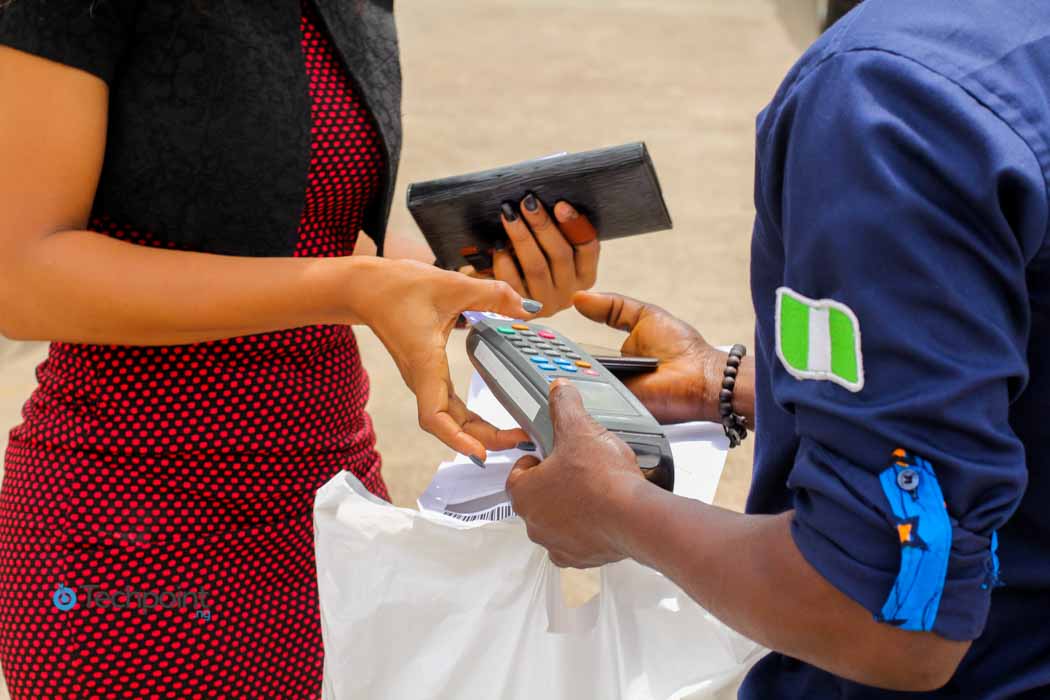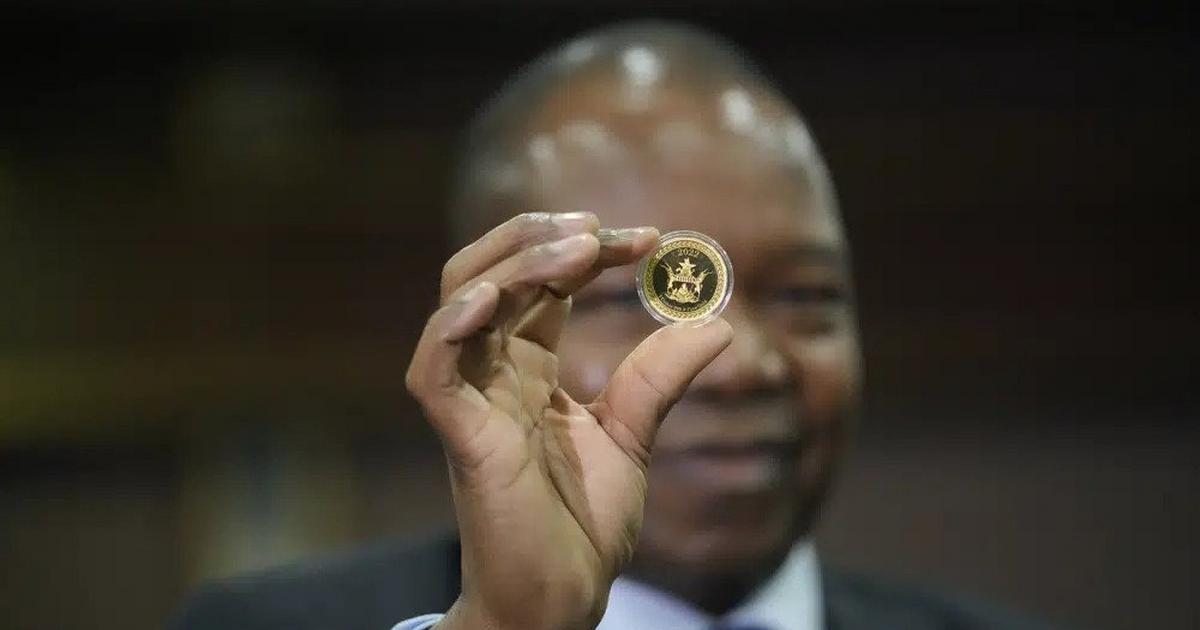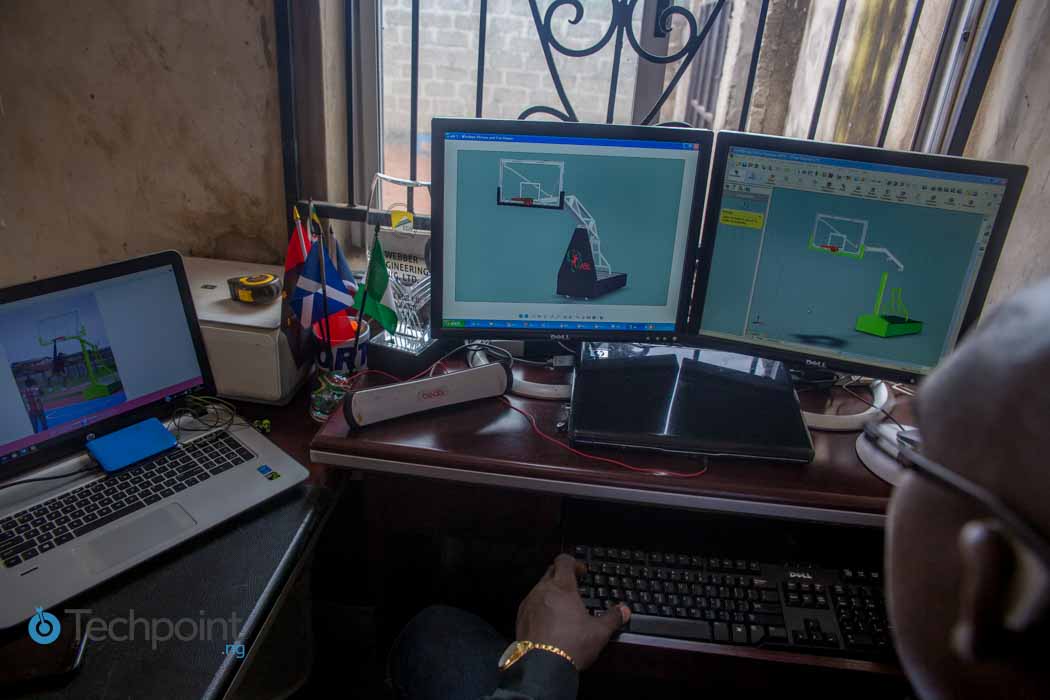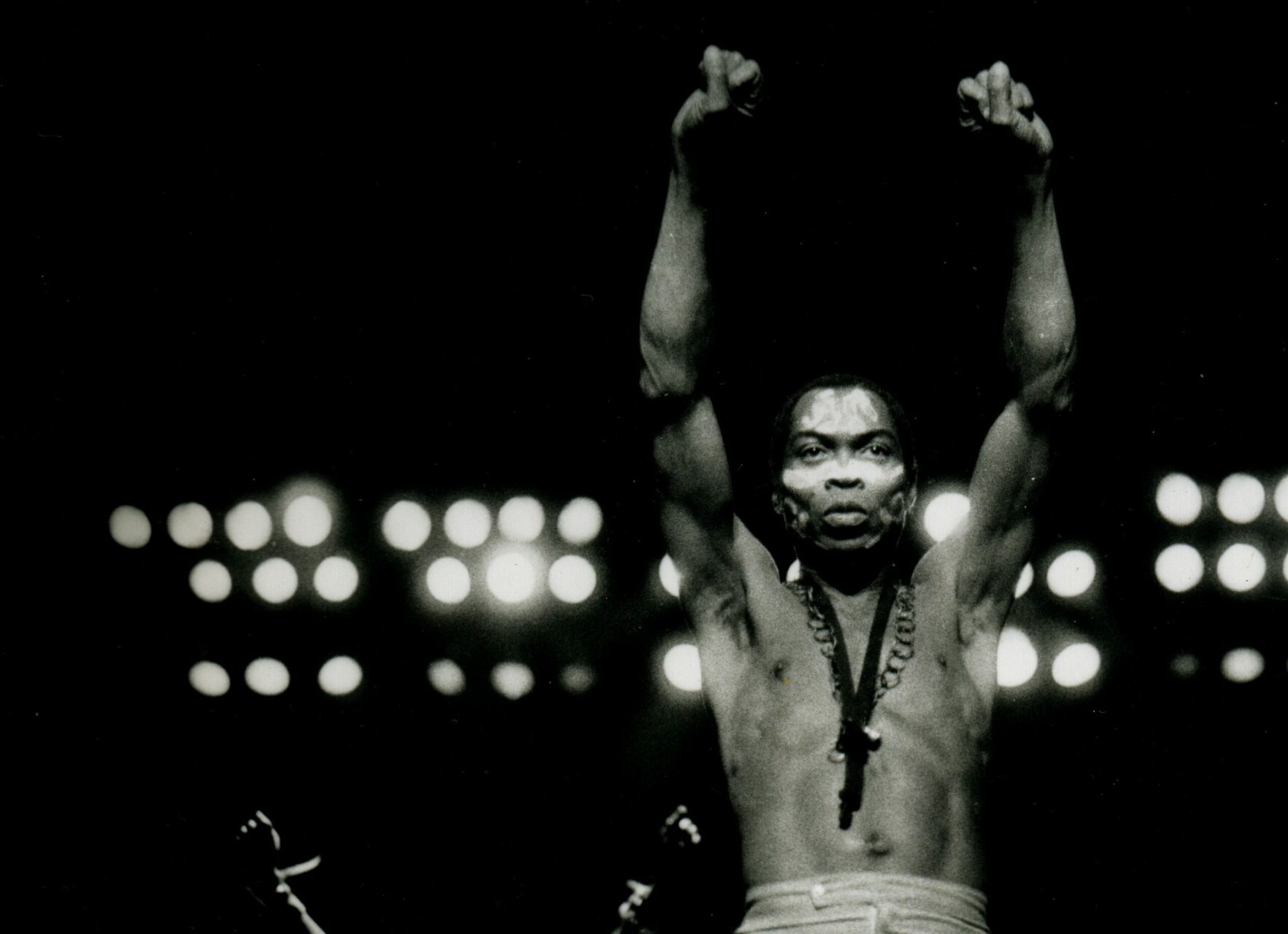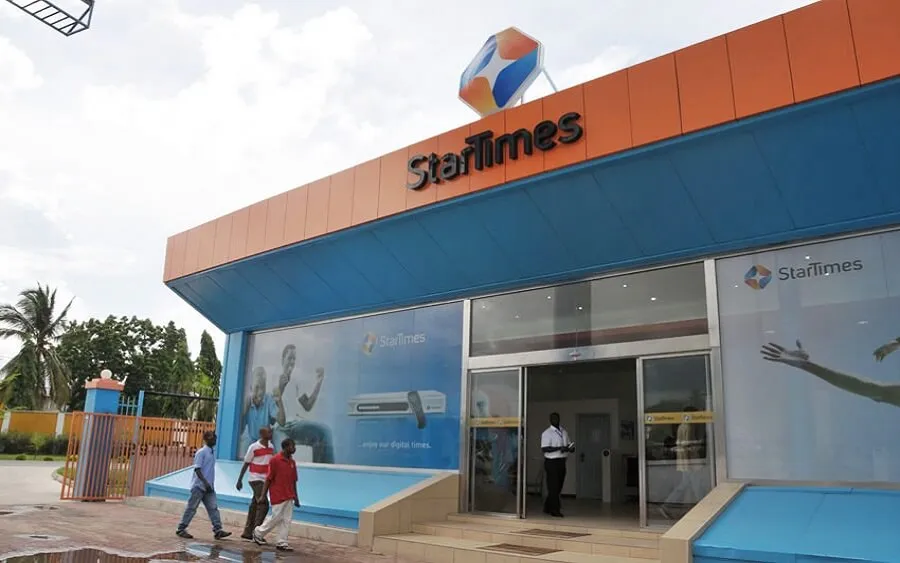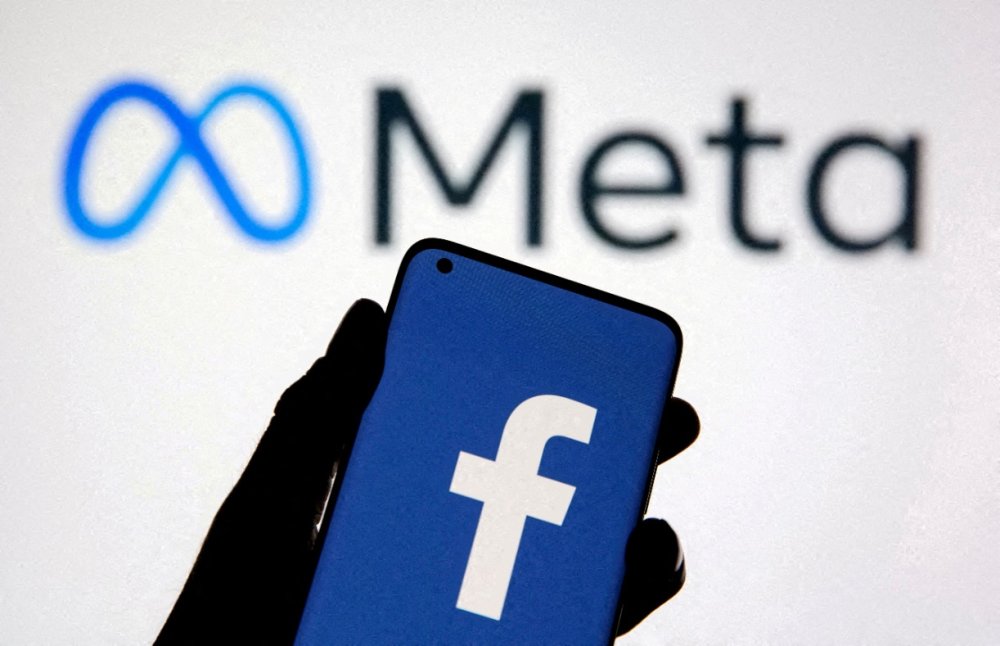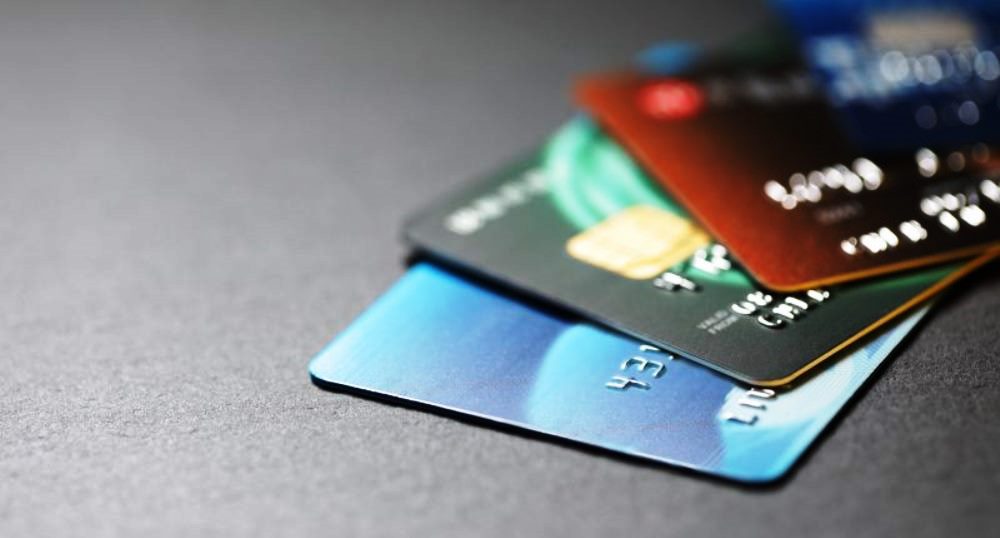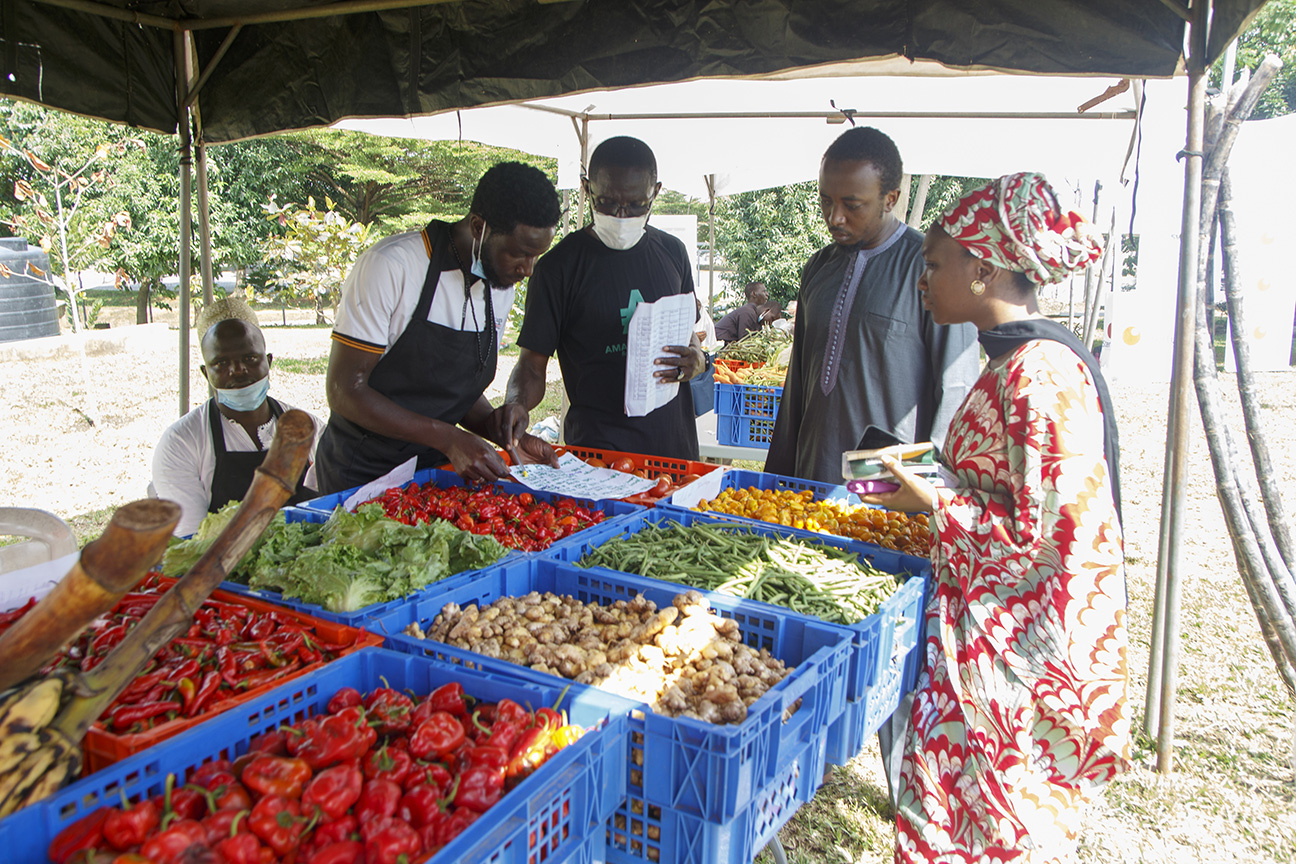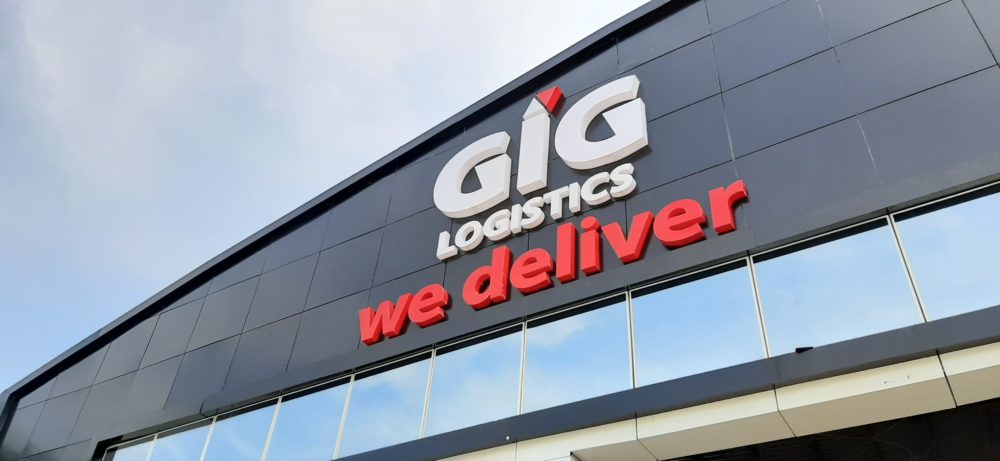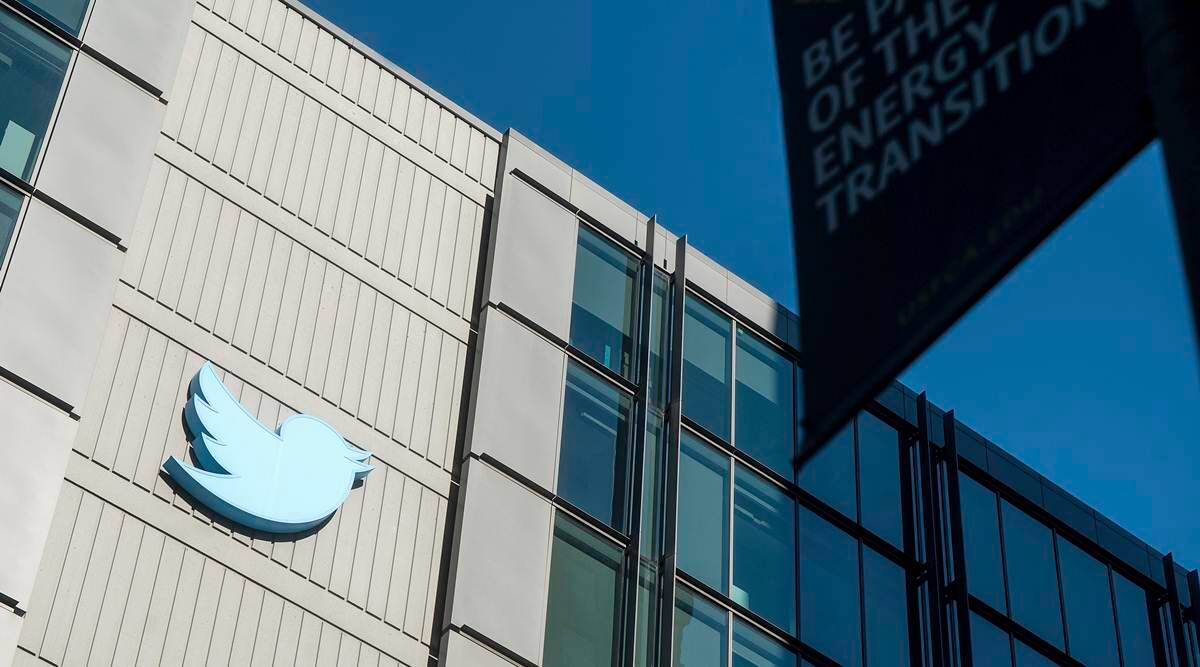The emergence of eCommerce in Nigeria changed the way Nigerians bought and sold goods. While there are still a number of online shopping skeptics, more Nigerians have over time embraced the idea of buying stuff online and having them delivered at their doorsteps. According to a recent Alexa ranking, online shopping sites are among the most visited websites by Nigerians.
Pioneer eCommerce companies such as Jumia and Konga who had ventured into the uncharted waters of eCommerce at the time had to win the trust of Nigerians to get them to buy items online. If the fear of paying for something you haven’t seen physically was not scary enough, the thought of logging on to a website and providing card details –especially with internet fraud Nigeria has always been known for—was enough to keep Nigerians from trusting online payment.
Therefore, these companies introduced payment on delivery (PoD) to assure Nigerians that they do not have to part with their money until they are satisfied with the items delivered to them.
There are several downsides to PoD which is especially to the disadvantage of eCommerce companies as seen with the death of a Jumia delivery man in Port Harcourt and many other similar incidents.
Also, PoD gives too much power to the customers; eCommerce companies have recorded high rates of returned goods which result in financial loss. The cases of customers not being available to pick up their deliveries has also posed a serious problem for merchants and this can only be tied to lack of monetary commitments on the parts of the buyers. Although there have been cases of merchants delivering sub-standard goods and messing up deliveries, customers still take too much advantage of PoD which would not be possible if they had to pay commitment tokens before their ordered goods are delivered to them.
A few eCommerce companies have refused to conform to the norm that is PoD as it is seen as 'bad business' and in the wake of the Jumia deliveryman tragedy, more companies would move for the motion to kill PoD in Nigeria permanently. But who are we kidding? Cash on delivery can not be completely scrapped in Nigeria until it becomes a truly cashless society.
Escrow services to the rescue
For eCommerce platforms that do not offer cash on delivery services, buyers need to know that their purchases are protected. Hence, the need for third parties who ensure the process goes smoothly.
Escrow services protect buyers and sellers by acting as third parties that collect and hold payments from buyers to be released to the sellers when the buyers are satisfied or based on agreements; it creates a commitment bridge between buyers and merchants.

Be the smartest in the room
Give it a try, you can unsubscribe anytime. Privacy Policy.
This is a safe way to strike a balance between the power given to the customer and credibility of merchants, eliminating fraud. A few Nigerian e-payment gateways have claimed to offer escrow services but it is hardly public knowledge.
The likes of Konga and online payment platforms such as SimplePay and Voguepay offer escrow services but how many buyers are aware of this? Are their escrow services even functional?
American eCommerce platform, Amazon started with cash on delivery services but was able to work around the issue of trust due to the existence of trusted intermediaries like PayPal.
More Nigerian payment platforms need to rise to the occasion and start providing escrow services especially in these times that PoD is gradually becoming unpopular.
How much power do customers have with escrow services?
With PoD, customers have unlimited power to decide whether or not to accept goods delivered to them and if the terms of delivery which they may have agreed to earlier become inconvenient for them at the time of delivery. They retain this power to an extent with escrow services but bearing in mind that they have parted with some money. One one hand, knowing that a trusted third party is involved to ensure the safety of the process will make buyers more committed and reduce the return rates of goods and on the other hand, merchants will hold their own end of the deal.
Since trust is still a big issue with online shopping in Nigeria, one would wonder why many Nigerians shop on foreign eCommerce sites like Aliexpress and Amazon who require payment before delivery. These platforms provide escrow services that ensure that purchases made on their websites are protected. It is, therefore, imperative that Nigerian online shopping platforms provide a safe shopping environment for their customers which will encourage payment before delivery.
It is obvious that merchants are not the only ones that cannot be trusted, buyers too are to blame for some of the problems the Nigerian eCommerce sector faces. Since we know that payment on delivery is not going anywhere anytime soon, safety measures should be taken to protect delivery agents. Unsafe places should be crossed out of their delivery routes and deliveries should be done in public places. Also, a refundable fee should be charged before delivery to establish a level of commitment to the purchase.


